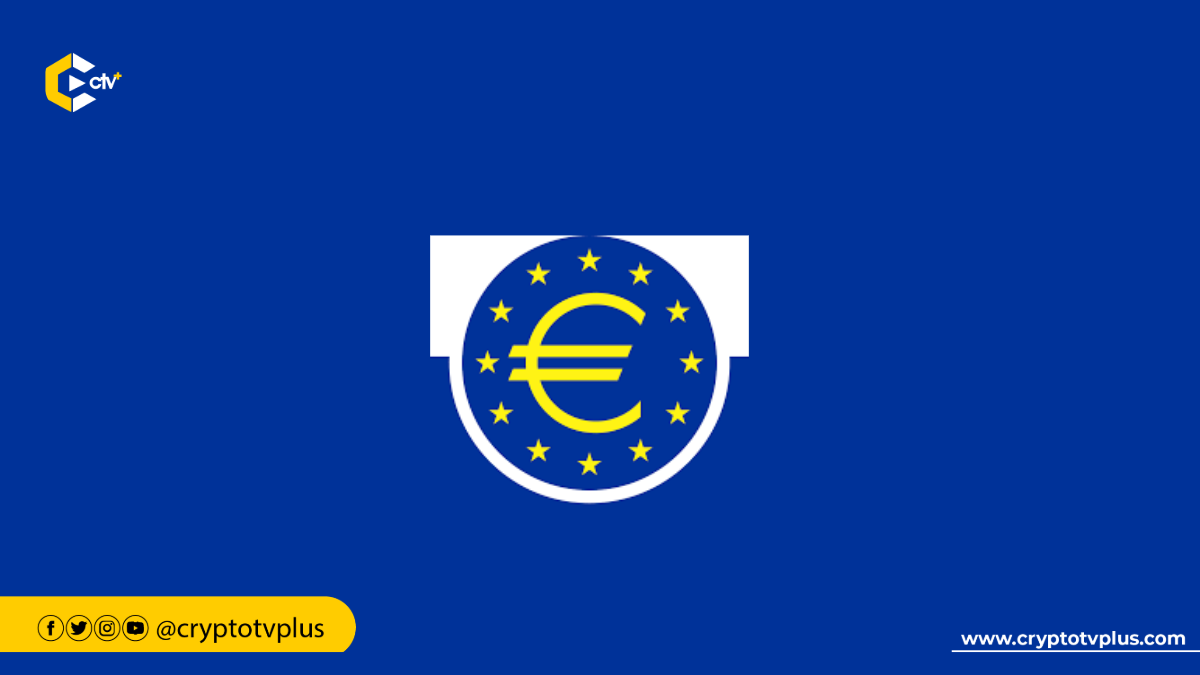News
ECB pushes for unified digital ledger to streamline European capital markets

An official from the European Central Bank (ECB) has proposed the creation of a unified European ledger for digital assets. The aim is to streamline the management and regulation of digital currencies across the European Union, further improving interoperability and reducing fragmentation in the digital asset landscape.
Piero Cipollone, a member of the ECB Executive Board, spoke at the Bundesbank Symposium on the Future of Payments in Frankfurt, Germany.
He noted that the current financial system, which traces back to 14th-century Italian bookkeeping, remains complex and costly. This complexity is particularly pronounced in Europe due to fragmented regulations and markets.
Cipollone pointed out that initiatives like the TARGET2-Securities platform have sought to promote integration, yet challenges remain. Cipollone highlighted the role of technology, particularly tokenisation and distributed ledger technology (DLT), in creating a unified European capital market for digital assets.
He stressed that central banks must adapt to these innovations to maintain trust and ensure financial stability in an increasingly digital world.
The proposed ledger could enhance transaction efficiency and transparency in the digital economy, fostering innovation while ensuring regulatory compliance.
Risks in the financial system
Piero highlighted the need for a unifying financial system in Europe, cautioning that the emergence of numerous independent DLT platforms could result in a fragmented and unmanageable system. Currently, private firms are actively exploring the DLT landscape, launching new products at a rapid pace.
He also expressed concern about the potential diminishing role of central bank money, traditionally the safest and simplest method for settling financial transactions.
Read also: Has Bitcoin failed? While you might say no, the ECB believes otherwise. Here’s why.
Furthermore, public authorities still need to thoroughly understand and evaluate the risks associated with using DLT for digital assets, as there may be unexplored dangers.
Given these circumstances, he emphasized that central banks and regulators must act swiftly and collaborate with the market to prevent lagging behind other regions. Delays could cause financial activities to migrate elsewhere, allowing non-EU companies to dominate.
European market participants might develop separate systems, resisting central bank initiatives to enhance settlements. Without prompt action, achieving a unified digital capital market with efficient, risk-free services may become unattainable.












